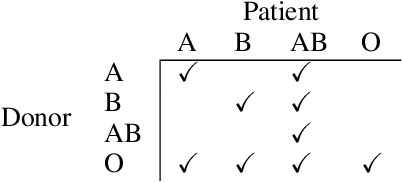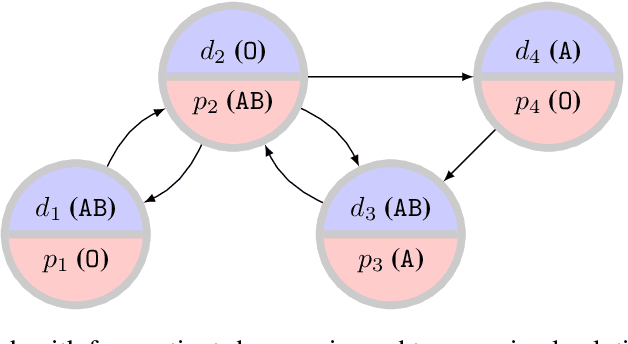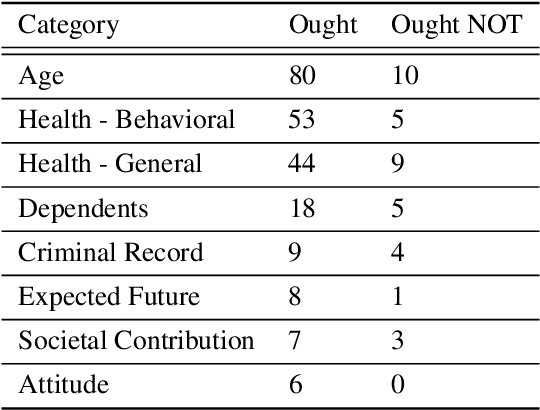Adapting a Kidney Exchange Algorithm to Align with Human Values
Paper and Code
May 19, 2020



The efficient and fair allocation of limited resources is a classical problem in economics and computer science. In kidney exchanges, a central market maker allocates living kidney donors to patients in need of an organ. Patients and donors in kidney exchanges are prioritized using ad-hoc weights decided on by committee and then fed into an allocation algorithm that determines who gets what--and who does not. In this paper, we provide an end-to-end methodology for estimating weights of individual participant profiles in a kidney exchange. We first elicit from human subjects a list of patient attributes they consider acceptable for the purpose of prioritizing patients (e.g., medical characteristics, lifestyle choices, and so on). Then, we ask subjects comparison queries between patient profiles and estimate weights in a principled way from their responses. We show how to use these weights in kidney exchange market clearing algorithms. We then evaluate the impact of the weights in simulations and find that the precise numerical values of the weights we computed matter little, other than the ordering of profiles that they imply. However, compared to not prioritizing patients at all, there is a significant effect, with certain classes of patients being (de)prioritized based on the human-elicited value judgments.
 Add to Chrome
Add to Chrome Add to Firefox
Add to Firefox Add to Edge
Add to Edge